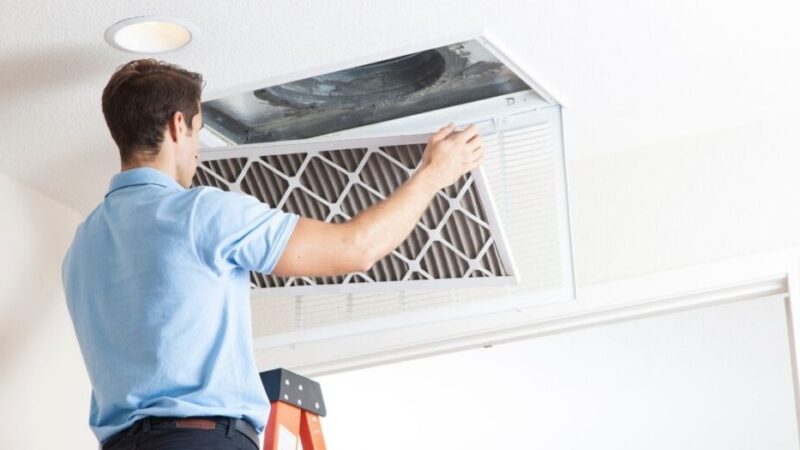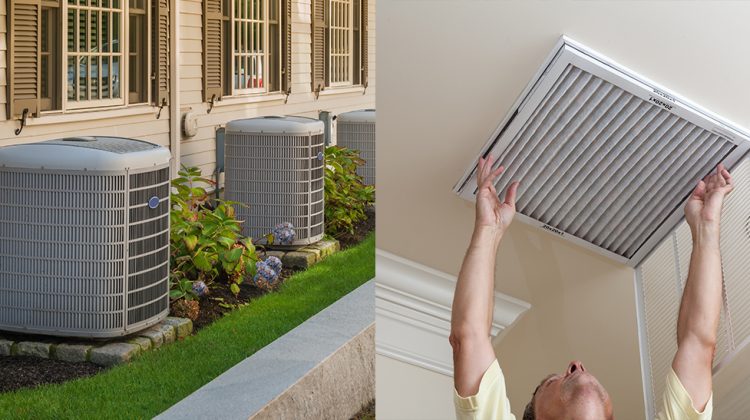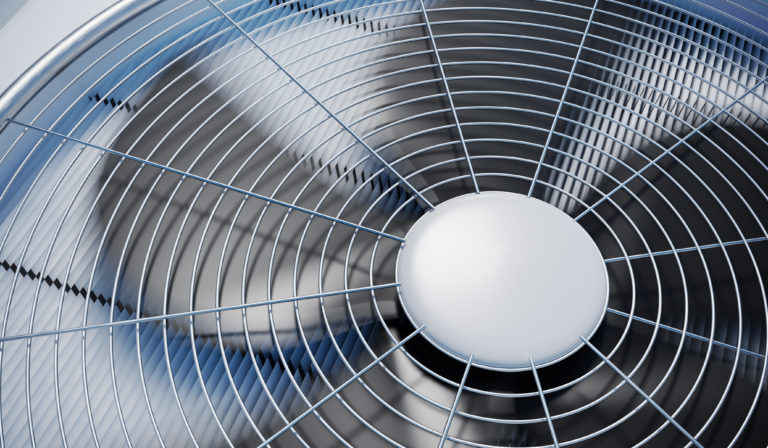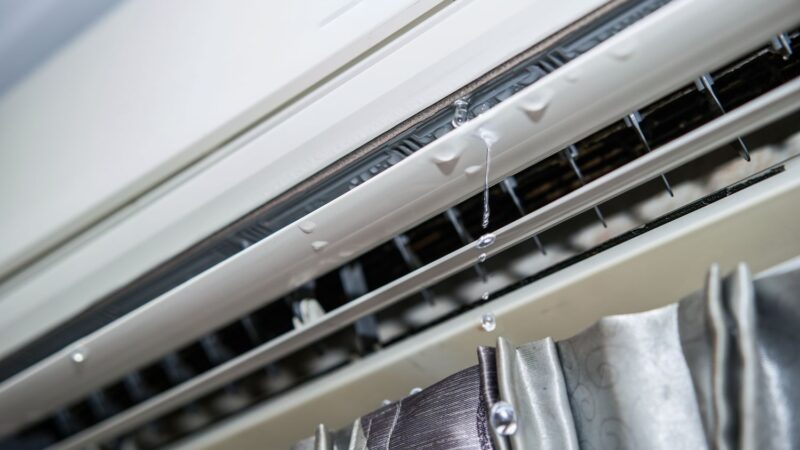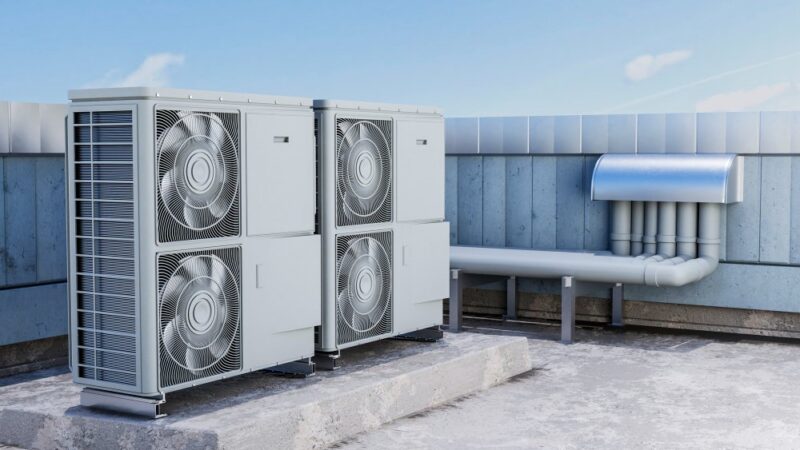How Long do Air Conditioners Last?
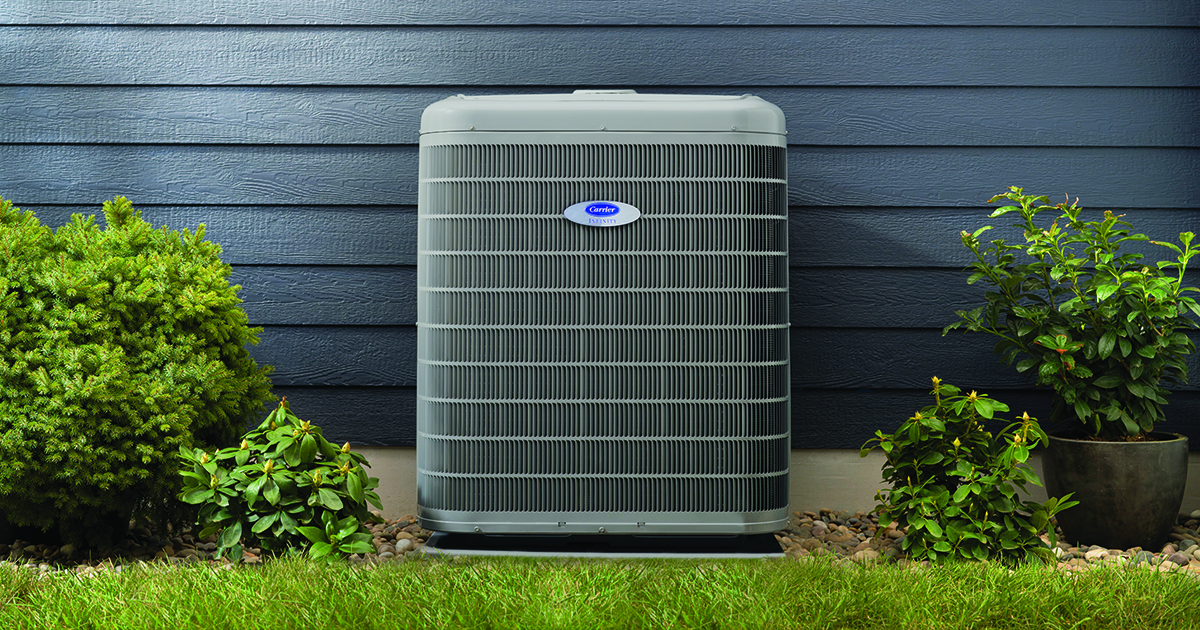
How Long do Air Conditioners Last? Owning a home often means making some tough choices. While most people know that investing in a property can boost its value, deciding exactly where to put your money isn’t always easy. Should you renovate the kitchen? Finish the basement? The answers aren’t always clear.
When it comes to your HVAC system, these decisions can get even more complex. Unless you’re an HVAC expert, knowing if a faulty A/C needs a quick fix, like replacing thermostat batteries or a major repair can be hard. For those with older air conditioners, the choice might even come down to whether to repair or replace the whole unit.
Replacing an aging A/C is a big choice, especially since newer models can last around fifteen years. You’ll want to choose a system that’s right for your home’s cooling needs, and it’s a decision worth taking seriously. But if your old unit breaks during a heatwave, you may need to make a quick decision.
Like ageing cars, air conditioners often show warning signs before they fail completely. By monitoring how well your older A/C performs, you can prepare for a replacement in advance rather than scrambling when it’s too late.
Here are five key signs your A/C might be in trouble.
Signs It Might Be Time to Replace Your Air Conditioner
Age of Your Air Conditioner
If your air conditioner is over ten years old, it might be time to start thinking about a replacement. While this might seem obvious, it’s important to remember that A/C units, especially those exposed to outdoor elements, don’t last forever. Older air conditioners typically last around 10-12 years, while newer models can sometimes run up to 15-20 years with proper care.
How long your A/C lasts depends on several factors. Regular maintenance plays a huge role; skipping annual tune-ups can lead to a shorter lifespan. The unit’s workload, the climate in your area, and whether the A/C was correctly sized for your home when installed can also impact its durability.
If you’ve kept up with maintenance, you might get about 10-15 years from your unit. However, as your A/C ages, finding replacement parts can become harder, as some may become obsolete. If a critical component fails and a replacement isn’t available, you may have to buy a new unit.
Frequent Breakdowns and Costly Repairs
If your air conditioner is well-maintained with regular tune-ups, it shouldn’t break down frequently during the summer. Many A/C problems stem from a lack of maintenance, and routine service can prevent these issues. Experienced HVAC technicians can also identify and address potential problems before they turn into bigger issues when the heat hits.
However, if your A/C continues to break down even after regular servicing, this could be a sign that it’s nearing the end of its life. While you might not need to replace it immediately, it’s wise to start planning for a new unit.
Repeated breakdowns also mean more repair bills, which can quickly add up. Eventually, replacing the unit may be more cost-effective than ongoing repairs—especially if your warranty has expired. If an A/C compressor is causing trouble, it’s helpful to understand the costs involved, as replacing a compressor can be costly.
Rising Energy Bills
Your energy bills should stay relatively steady each month, with some seasonal variation for heating and cooling. If your energy usage hasn’t changed but you’re seeing a significant cost spike, it could be a sign that your air conditioner is struggling.
When an A/C unit starts ageing or develops issues, it often loses efficiency, which can increase energy bills. Occasional high bills might not be a big deal, but a consistent rise that doesn’t drop is worth paying attention to. This ongoing increase could mean it’s time to consider replacing your A/C.
Use of R-22 Freon Refrigerant
As of January 1, 2020, R-22 Freon is no longer being produced in the U.S., which may impact more homeowners than expected. If your air conditioner is over a decade old, there’s a good chance it uses R-22 Freon, a refrigerant now being phased out by the EPA due to its environmental impact.
If your A/C relies on Freon, there’s no need to worry immediately—you can continue using it. However, it’s wise to start planning for a new unit. If your A/C breaks down after 2020 and requires a Freon refill, you may have a problem, as the refrigerant will no longer be available. In that case, you’d need to replace the system with a newer model with eco-friendly refrigerant.
To avoid an unexpected purchase, monitor your A/C’s performance and start preparing for a replacement when necessary.
Humidity
One sign that your A/C might be ageing is how well it manages humidity. The evaporator coil, which plays a key role in removing moisture from the air, often loses efficiency as the unit ages. When this happens, the system can struggle to keep up, leaving the air damp and the room sticky instead of comfortably cool. If the evaporator coil starts freezing up or shows signs of mould, these are also indicators that the coil—and possibly the entire unit—may be reaching the end of its lifespan.
Recommendation
8 Most Common Types Of HVAC Systems
Why Does My Ac keep Freezing Up? Here’s How to Fix It
Air Conditioner Smells Musty? Here’s How to Fix It
How Much Electricity Does an Air Purifier Use?
Air Purifier Vs Humidifier: Which One Do You Need?
Your Dehumidifier Keeps Icing Up, Why and How to Fix It?
Conclusion
In conclusion, regularly maintaining and monitoring your HVAC system is essential to prolong its life and ensure efficiency. Aging air conditioners may require frequent repairs and consume more energy, making replacement a cost-effective option.
Timely decisions and consultations with HVAC professionals can help you avoid unexpected breakdowns and maintain a comfortable, energy-efficient home.
By staying proactive, you can enjoy the benefits of a well-functioning air conditioner and make informed choices when it’s time for a new unit.
FAQs
Q1: What is the average life of an air conditioner?
A1: Air conditioners generally have a lifespan of about 10 to 15 years. Newer, high-efficiency models can last 15 to 20 years with proper care, while older units may need replacement after 10 to 12 years. Since air conditioners are often exposed to outdoor conditions, their longevity can be affected by weather and maintenance.
Q2: How often should air conditioners be replaced?
A2: If your air conditioner is 10 years old or older, it may be worth considering a replacement, especially if it’s experiencing frequent issues. Units nearing the end of their lifespan often require more repairs, making a new, energy-efficient model a more cost-effective choice in the long run.
Q3: Can an AC unit last 30 years?
A3: While rare, some well-maintained units may last up to 30 years. However, with proper maintenance, most air conditioners provide reliable cooling for around 15 to 20 years. Beyond this period, the efficiency typically decreases, and the likelihood of breakdowns increases.
Q4: Is it OK to run AC all night?
A4: Leaving your air conditioner on overnight is generally safe, but it may lead to excessive cooling, which could cause discomfort, disrupt sleep, or even lead to some health issues. Consider setting a timer or adjusting the thermostat to avoid overcooling your space.
Q5: Is it OK for AC to run all day?
A5: Running your AC continuously can cause the evaporator coil to freeze, potentially damaging the unit. To prevent unnecessary strain, it’s advisable to let the system cycle on and off as needed or set the thermostat to a comfortable temperature.
Q6: Is it OK to use AC every day?
A6: Using air conditioning daily is common, especially in warmer climates. However, prolonged periods in an air-conditioned environment may lead to skin dryness and irritation. Staying hydrated and using moisturizers can help counteract these effects.


